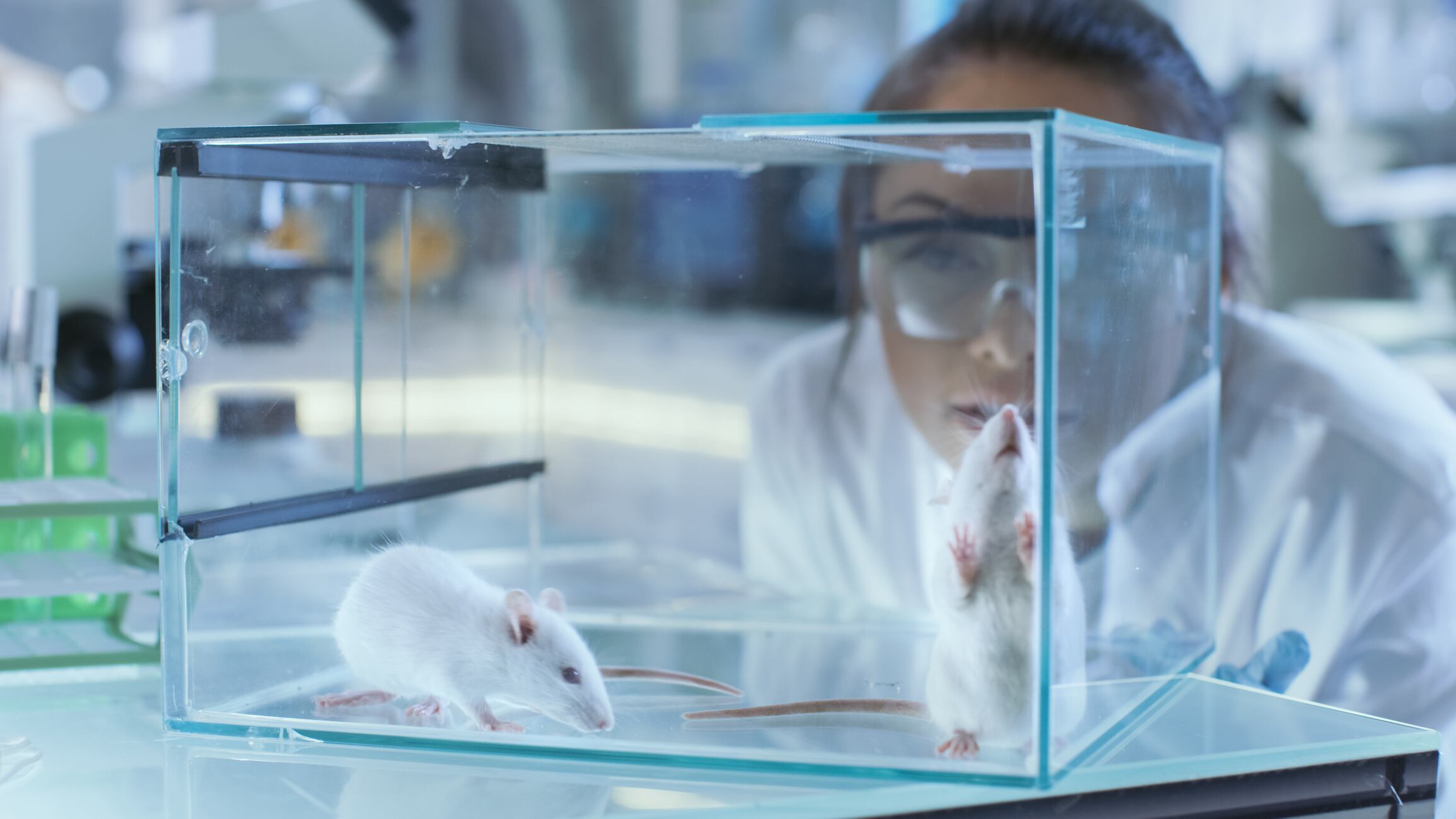The new preclinical study on the precision probiotic L. plantarum WJL (LpWJL) in juvenile mice growth optimisation, conducted by the Institute of Functional Genomics in Lyon (IGFL) and its collaborators is being publicised by French probiotics firm TargEDys.
Describing how this research builds on previous knowledge, Nina Vinot, sales and marketing director at TargEdys, explains: "Up to this stage, the animal data in fruit flies and mice was strong and showed that the mechanism involves esterified teichoic acids and peptidoglycans expressed on WJL’s membrane are recognized by intestinal cells, inducing upregulation of peptidase gene expression.
"This leads to an increased level of the enzyme in the lumen, and increased absorption of amino acids, itself leading to a restoration of normal levels of growth hormones GH and IGF-1. When the animals are germ-free and fed a nutrient-depleted diet, they grow slowly and stay rachitic. When they are fed with only LpWJL (in a strain-specific manner not replicated by other plantarum strains), they grow back to a size similar to the wild type."
She explains that the new study's result indicate the benefits of the strain extend to the heat-killed bacterium and even isolated cell wall fragments, highlighting its potential to support juvenile growth and components of its cell wall as novel postbiotics.
"This new, rich and elegant study expands the findings in conventional mice, who have a gut microbiota, making it closer to the real situation in humans. It also shows that the strain can exert its effects even in pasteurised form, and even when cell wall fragments are delivered, demonstrating the potential of the strain as a postbiotic, which would present applications in broader applications including food & beverage."
The study also digs deeper in the mechanism of action and highlights the involvement of the NOD2 protein (which helps protect the body against foreign invaders such as bacteria and viruses) which appears to increase the differentiation and maturation of intestinal cells in the crypts, implying an enhancement of the surface of absorption in the gut.
"Beyond the potential of the strain to improve children’s growth, malnutrition, healthy aging, sports nutrition, and even animal feed, I believe this new understanding has implications for the future of food security," adds Vinot. "In a world where the FAO expects we’ll need to produce 70% more food by 2050, optimizing our use of food through the microbiome is an exciting perspective."
The study
The research team studied the effect LpWJL on mouse postnatal growth in a new preclinical model of diet-induced stunting in conventional animals. They investigated both the bacterial cues and host mechanisms underpinning the complex local and whole-body adaptations triggered by such intestinal bacterium leading to improved systemic growth despite chronic undernutrition.
The resulting data reveals the LpWJL-supplemented mice grew 3.5% longer in size and 10% heavier at eight weeks of age, compared to the placebo group, despite chronic undernutrition.
In addition, the strain benefited the mice’s anabolism by supporting energy metabolism, with significantly faster glucose clearance, reduction of the glycemic peak, and improved insulin levels in serum.
Mechanism of action
The results indicate that these probiotic properties are strain-specific and involve NOD2 signalling, as genetically-deficient mice for the NOD2 genes (NOD2-/-) or mosaic mutant mice with NOD2 inactivation restricted to intestinal epithelial cells did not benefit from the LpWJL treatment.
NOD2 stimulation in the small intestine crypts contributes to intestinal stem cell survival and function, which are both altered in cases of undernutrition, leading to a reduced surface for nutrient absorption, the authors explain.
They propose that, beyond the previously-shown support of protein breakdown and absorption through the enhanced peptidase gene expression in the gut, LpWJL and its cell walls buffer the deleterious effects of undernutrition on small intestinal crypt cell proliferation thanks to NOD2-dependent bacterial peptidoglycan sensing, promoting the development of a bigger surface of absorption compared to the non-supplemented malnourished animals.
Dr. François Leulier, director and group leader at the Institute of Functional Genomis in Lyon, who led the research, says: "These robust results obtained using preclinical mouse models are the results of more than a decade of basic research using simple animal model organisms, they now open clear perspectives for the clinical testing of the strain LpWJL."
Source: Science
Microbe-mediated intestinal NOD2 stimulation improves linear growth of undernourished infant mice
Authors: Jitender, Yadav, Dana J. Philpott, et al


